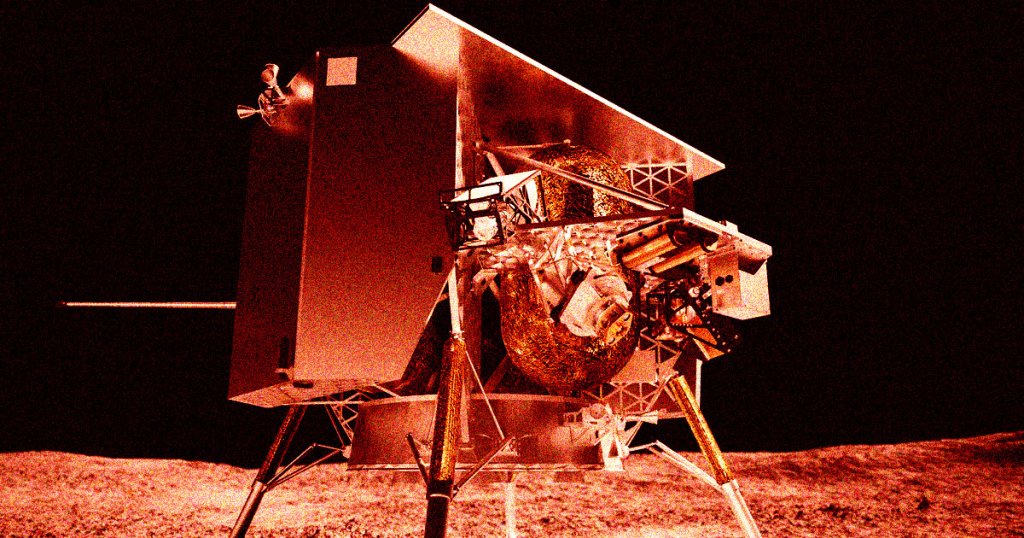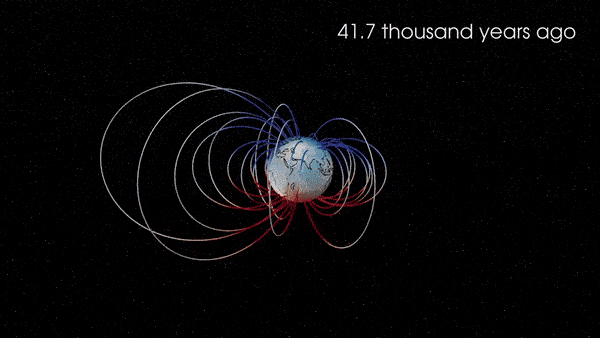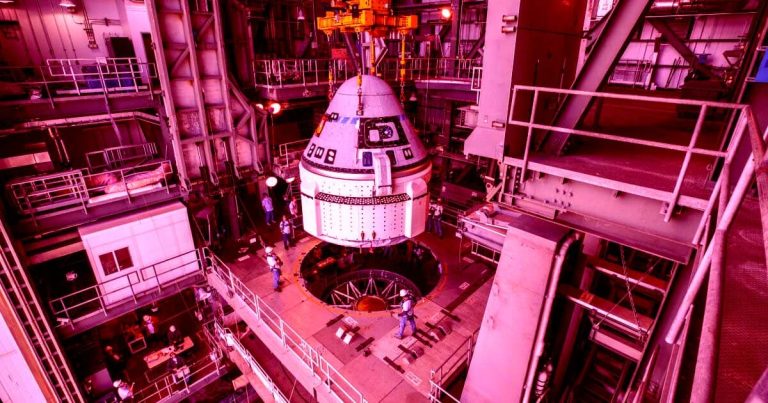
Native Americans Say New Mission Will Desecrate the Moon (Image Credit: futurism-com)
“It is crucial to emphasize that the Moon holds a sacred position in many Indigenous cultures, including ours.”
Moon Desecration
Space contractor Astrobotic wants its Peregrine lander to become the first private lander to make a soft landing on the surface of the Moon in the coming months.
The United Launch Alliance’s Vulcan Centaur will attempt its first foray into outer space to deliver the special cargo as soon as January 8, pending favorable weather conditions for the launch.
On board the small commercial lander is some precious cargo. Astrobiotic partnered up with Celestis and Elysium Space, two companies offering services to send human remains to the lunar surface.
Unfortunately, that hasn’t sat well with everybody. Last month, Navajo Nation president Buu Nygren filed a formal objection with NASA and the US Department of Transportation, decrying the plans as an “act of desecration.”
“It is crucial to emphasize that the Moon holds a sacred position in many Indigenous cultures, including ours,” he wrote. “The act of depositing human remains and other materials, which could be perceived as discards in any other location, on the Moon is tantamount to desecration of this sacred space.”
Now, NASA has responded to Nygren’s complaint, actively distancing itself from Celestis and Elysium Space’s project.
“We don’t have the framework for telling them what they can and can’t fly,” Commercial Lunar Payload Services (CLPS) program manager Chris Culbert said during a press briefing this week, as quoted by Space.com. “The approval process doesn’t run through NASA for commercial missions.”
Private Business
It’s an arguably feeble attempt to address a deep disagreement over our efforts to establish a presence on the Moon, and the implications such a controversial act has for some cultures back on Earth.
Kearns referred to the space agency’s commercial program as “new ways of doing business” and admitted that “some non-NASA commercial payloads can be a cause for concern to some communities.”
In other words, Nygren’s complaints appear to have largely fallen on deaf ears.
Celestis, for its part, defended its efforts to send human remains to the lunar surface.
In a statement to Space.com, Celestis CEO Charles Chafer said that the “regulatory process that approves space missions does not consider compliance with the tenets of any religion in the process for obvious reasons.”
“No one, and no religion, owns the Moon, and, were the beliefs of the world’s multitude of religions considered, it’s quite likely that no missions would ever be approved,” he added. “Simply, we do not and never have let religious beliefs dictate humanity’s space efforts — there is not and should not be a religious test.”
More on Celestis: Man Sending His DNA to the Moon So Aliens Can Clone Him and Put Him in a Zoo
Share This Article






